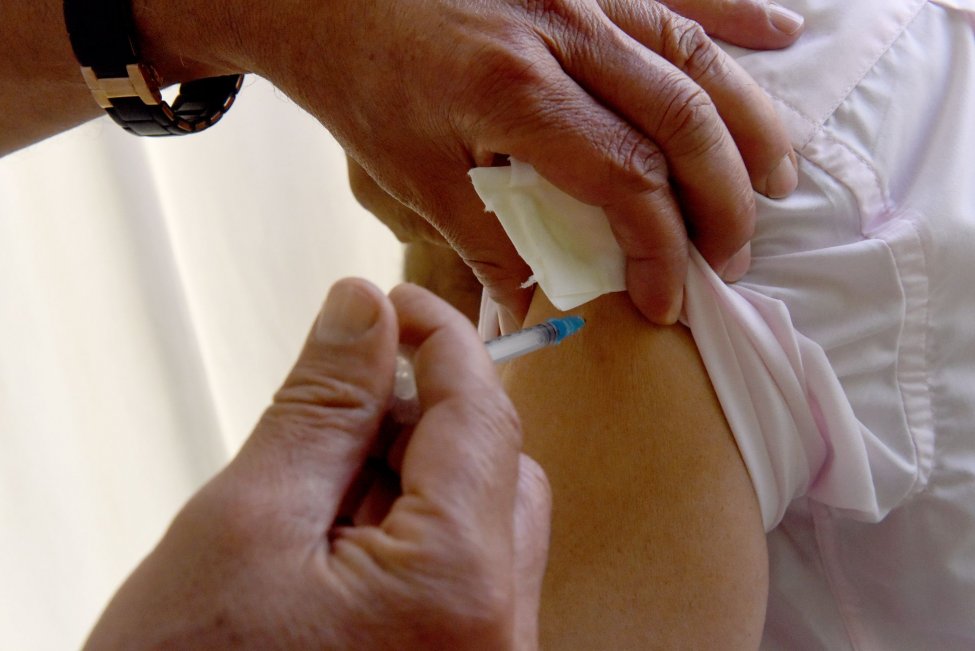Dec. 23 (UPI) — Currently available COVID-19 vaccines are much less effective against the Delta variant of the virus, though they still prevent serious illness in the vast majority of those inoculated, a study published Thursday by JAMA Network Open found.
In the analysis of vaccinated persons in Utah, the vaccines from Johnson & Johnson, Moderna and Pfizer-BioNTech were 90% effective at preventing symptomatic disease in mid-May, before the Delta variant took hold in the state, the data showed.
However, by mid-August, vaccine effectiveness declined to 78% before rebounding slightly to 81% by October, the researchers said.
By August, the Delta variant was involved in nearly 95% of infections in Utah, they said.
“Our results suggest a modest reduction in vaccine effectiveness against COVID-19 in Utah associated with the expansion of the Delta lineage in the state,” researchers from the University of Utah in Salt Lake City wrote.
“This reduction in the effectiveness of available vaccines associated with the arrival of novel variants of concern, rather than waning immunity, is concerning,” they said.
New variants of viruses such as COVID-19 and the seasonal flu emerge as they circulate in the population, according to the Centers for Disease Control and Prevention.
These variants have genetic mutations that change how they are structured, and the Delta strain has seven such changes to its spike protein, which is targeted by the vaccines, the agency said.
In comparison, the new Omicron variant has 32 mutations to the spike protein.
The mutations are sufficient to make it less susceptible to the vaccines, research published earlier this month found.
The variant, which first emerged in India in early 2021, has been the predominant one in the United States since the spring, accounting for more than 80% of cases nationally by late July, it estimates.
It, along with the fast-spreading Omicron variant, are fueling an ongoing winter surge in cases across the northern half of the country, according to the CDC.
For this study, the University of Utah researchers, working with colleagues from Johns Hopkins and the University of North Carolina, compared COVID-19 case rates between vaccinated and unvaccinated adults in Utah between Jan. 16 and Oct. 15.
Of the more than 3.2 million adults living in the state, 1.7 million, or 67%, were fully vaccinated against the virus during the study period, meaning they had either received the one-dose Johnson & Johnson shot or both doses of the Moderna and Pfizer-BioNTech products, the researchers said.
The vaccines were most effective at preventing serious illness from COVID-19 in mid-May, when the Delta variant accounted for fewer than 10% of cases across the state, the data showed.
As the variant became more common in Utah, the number of “breakthrough cases” — or infections in fully vaccinated — rose steadily, making up, on average, about 15% of new cases during the study period, the researchers said.
The findings “should serve as a caution throughout the United States that the Delta variant can bring renewed outbreaks, even in highly vaccinated populations,” the researchers wrote.
“If there is a consistent trend of increasing immune escape as new variants arise, it could eventually undermine the effectiveness of current vaccines and necessitate mass revaccination,” they said.
